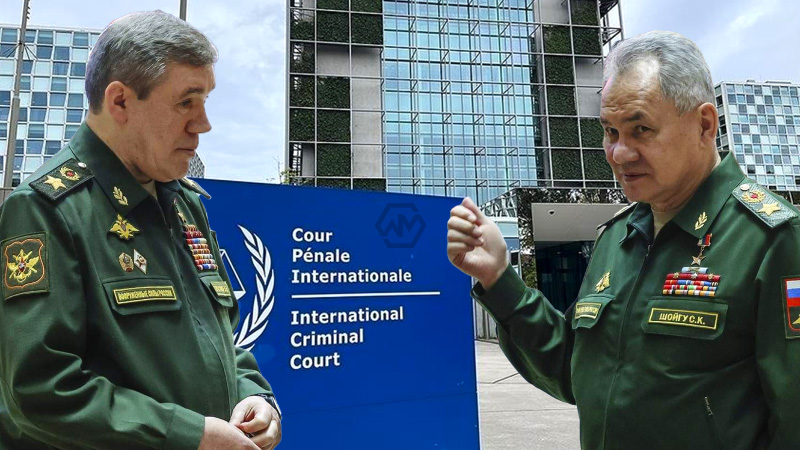- ICC issues arrest warrants for former Russian defense minister and top general.
- ECHR finds Russia guilty of human rights violations in Crimea.
- EU begins membership talks with Ukraine amid ongoing conflict.
The ICC’s issuance of arrest warrants for Sergei Shoigu and Valery Gerasimov marks a significant escalation in international legal actions against Russia over its role in the Ukraine conflict. This move underscores growing efforts to hold high-ranking Russian officials accountable for alleged war crimes and attacks on Ukrainian infrastructure.
In parallel, the EU’s initiation of membership talks with Ukraine signifies a substantial diplomatic gesture amidst ongoing hostilities. Ukraine’s step towards closer European integration, alongside Moldova’s similar efforts, reflects a unified stance against Russian aggression and a commitment to support Eastern European nations seeking closer ties with the EU.
Developments in Ukraine-Russia Conflict: Legal Actions and Diplomatic Moves
Recent developments in the Ukraine-Russia conflict highlight a multifaceted approach towards addressing the ongoing crisis. The ICC’s decision to issue arrest warrants for Sergei Shoigu and Valery Gerasimov underscores international efforts to hold Russian military leaders accountable for alleged war crimes. Ukrainian President Volodymyr Zelenskyy’s endorsement of these warrants reflects a strong stance on justice amid escalating tensions.
Simultaneously, the ECHR’s ruling against Russia for human rights abuses in Crimea further intensifies legal pressures on Moscow. The verdict, focusing on violations ranging from the right to life to freedom of expression, emphasizes the ongoing consequences of Russia’s annexation of Crimea in 2014. Despite Russia’s dismissal of post-March 2022 ECHR decisions, the ruling underscores global efforts to uphold human rights standards in conflict zones.
In a diplomatic move, the EU’s commencement of membership talks with Ukraine marks a pivotal moment in Ukraine’s European integration ambitions. This step not only signifies solidarity with Ukraine but also highlights the EU’s strategic support for Eastern European nations amidst geopolitical tensions. Moldova’s parallel efforts to pursue EU accession reflect a broader regional response to Russia’s destabilizing actions.
Amidst legal actions, diplomatic maneuvers, and ongoing conflict, international responses to the Ukraine-Russia crisis are increasingly coordinated and assertive. These developments signify a critical juncture in efforts to address human rights abuses, seek justice, and support Eastern European nations in their aspirations for closer integration with the European Union.
“Every criminal involved in the planning and execution of these strikes must know that justice will be served. And we do hope to see them behind bars.”
– Volodymyr Zelenskyy, Ukrainian President



